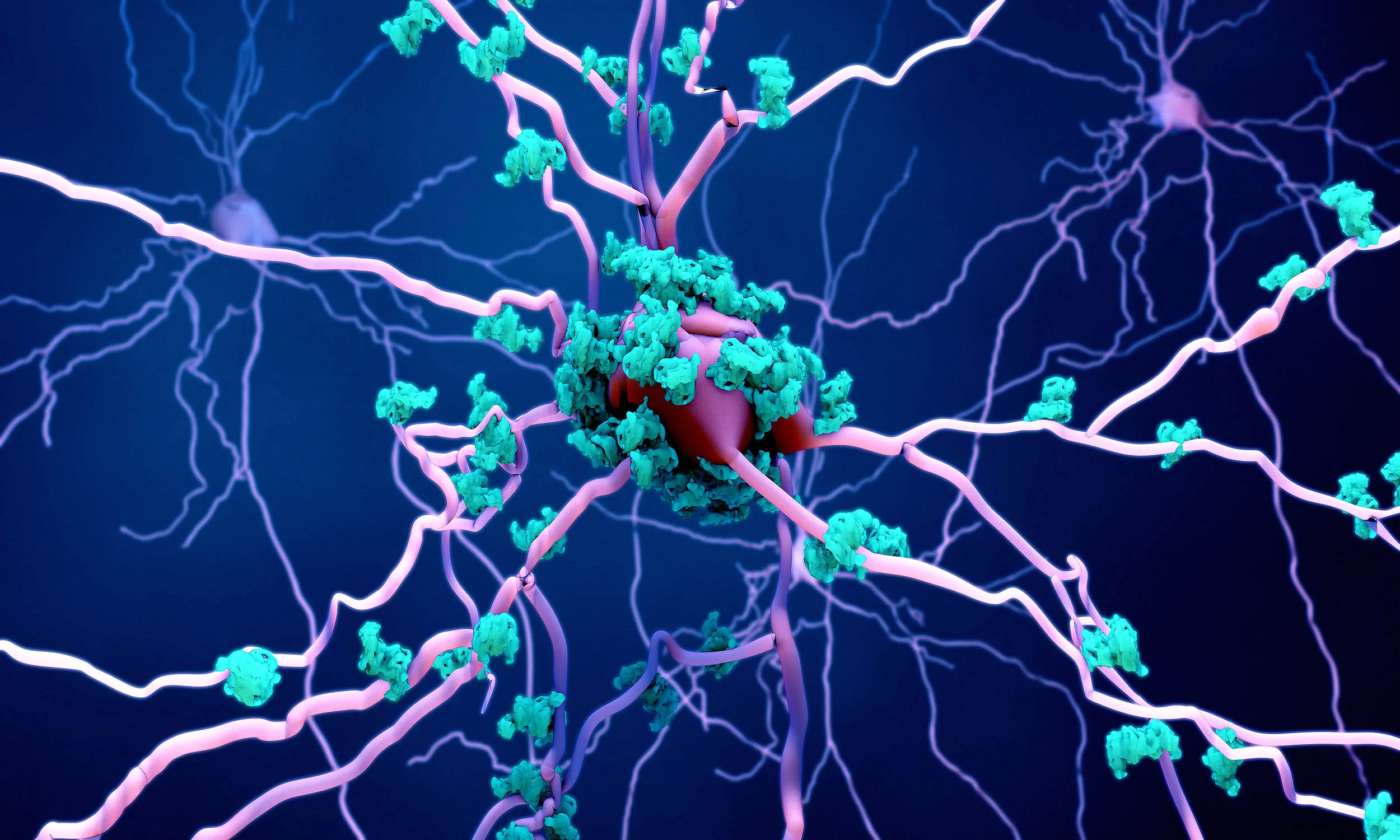Stopping Necrosis: A Potential Key to Healthy Aging and Disease Prevention
Scientists are exploring the potential of preventing necrosis, a detrimental type of cell death, to combat inflammation, safeguard aging organs, and lower the chances of developing various diseases. This research highlights a promising avenue for improving overall health and extending lifespan.
Understanding Necrosis
Necrosis is a form of cell death that, unlike apoptosis (programmed cell death), often triggers inflammation. This inflammation can exacerbate existing conditions and contribute to the development of new health problems. Researchers believe that by intervening in the necrotic process, they can mitigate these harmful effects.
Potential Benefits of Preventing Necrosis
- Reduced Inflammation: Necrosis releases cellular contents that stimulate the inflammatory response. Blocking necrosis could significantly lower inflammation levels throughout the body.
- Organ Protection: As we age, our organs become more vulnerable to damage. Preventing necrosis could protect these vital organs from age-related decline and disease.
- Disease Risk Reduction: Many diseases, such as heart disease, Alzheimer’s, and cancer, are linked to inflammation and cell death. Targeting necrosis could offer a novel approach to preventing or managing these conditions.
Implications for Future Research
This research opens up new possibilities for therapeutic interventions. Scientists are now focusing on identifying specific molecules and pathways involved in necrosis to develop drugs that can effectively inhibit this process. The ultimate goal is to create treatments that promote healthy aging and prevent a wide range of diseases.
Final Thoughts
The concept of preventing necrosis holds considerable promise for the future of medicine. By understanding and targeting this harmful form of cell death, researchers hope to unlock new strategies for promoting health, extending lifespan, and reducing the burden of age-related diseases. Further studies are needed, but the initial findings are encouraging and suggest that necrosis inhibition could be a valuable tool in the fight against aging and disease.




+ There are no comments
Add yours